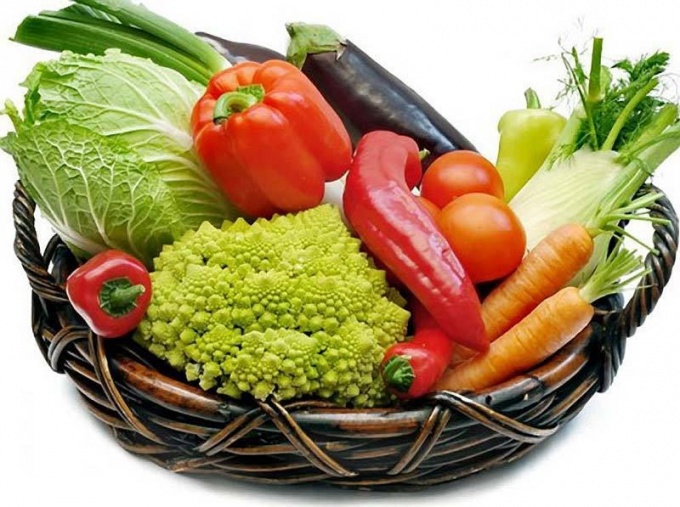The Orthodox Church has established over 4 years multi-day post: the Great prior of Holy Easter, Petrov, begins a week after Pentecost and ending on 12 July, the commemoration day of SS Peter Paul, the assumption, which lasts from 14 to 27 August, and Christmas – from November 28 to January 7. There is also a 3 day post: 18th January (Epiphany eve), September 11 the beheading of John the Baptist) and September 27 (the exaltation of the cross). In addition, fast days throughout the year are Wednesday and Friday.
Posts are different from each other in severity. The Great and the Dormition fast on Monday, Wednesday and Friday prescribed xerophagy – simple products that do not require cooking (bread, water, fruits, vegetables), on Tuesday and Thursday allowed a hot meal, and on Saturdays and Sundays – hot food with vegetable oil and a little wine. In Petrov and Christmas post on Monday you can eat hot food without oil (oil), Tuesday and Thursday – butter, and on Saturday and Sunday further resolved fish and seafood.
Wednesday and Friday throughout the year provided xerophagy. Relief of post is allowed in Church feasts (Candlemas, the Annunciation, the Nativity, etc.). To understand what foods are allowed to take during Church posts, you can use the Orthodox calendar, where to make notes about the degree of strictness of the fast for each day.
Despite the ban in the use of meat, eggs, milk, butter and other products of animal origin in the post you can cook a variety of hearty meals from vegetables, fruits, cereals, mushrooms, flour, etc. In particular, as appetizers to the dining table suitable vegetable salads, dressed with oil, lemon juice or vinegar, pate or caviar from vegetable marrows, eggplants, beets, mushrooms, beans.
First you can submit vegetable soup with fresh or sauerkraut, sorrel, stinging nettle, soup, soups with potatoes, cereals, vegetables, legumes, noodles dumplings flour or semolina, pickle, mushroom soup, vegetable hash, beetroot. Combining with each other different products that you can each day to surprise the family with new tasty soups.
Assortment of dishes from vegetable products is very wide. It and potatoes in all forms (boiled, steamed, fried, stuffed, mashed potatoes, potato patties, pancakes, rolls, pancakes, etc.), and cabbages of all sorts, steamed in batter, in breadcrumbs and stuffed cabbage, peppers, tomatoes, zucchini, eggplant stuffed with vegetables, beans and peas, mushrooms, vegetable or fruit pilaf. You can also prepare vegetable dumplings, dumplings, dumplings, pasta or noodles - all depends on the imagination of the hostess.
A special place in the kitchen is a meatless porridge. They are preparing for their all kinds of cereals and can be not only a separate dish, but also the basis for main dishes and desserts: meatballs, meatballs, meatball, casseroles, puddings, rolls, etc.
During lent it is appropriate baking, the main thing is to knead the dough without eggs, milk and butter. Yeast, puff, sand, lapshova and pancake batter can be cooked without skoromny products. Options of stuffings for pies, pies and pies of great variety: Kale, mushrooms, rhubarb, sorrel, fresh, dried and frozen fruits and berries, nuts, cereals - anything that allows the imagination.
But we should not forget that the main purpose of fasting is not to exclude products of animal origin, abstention from tasty and abundant food, which is necessary for the humility of the flesh and cleansing from sin. Need to pay more attention to prayer and repentance, without which fasting becomes a regular diet.
